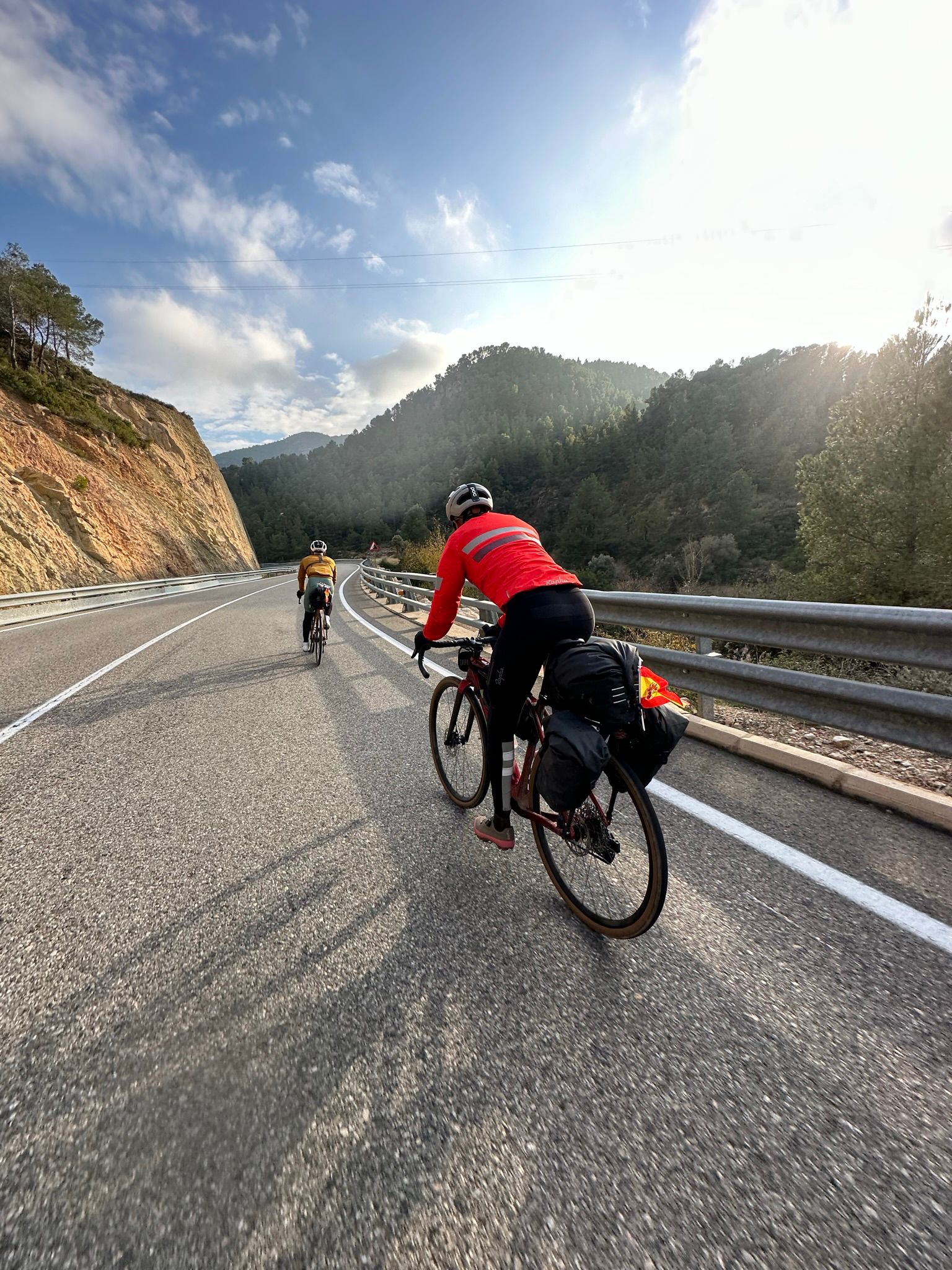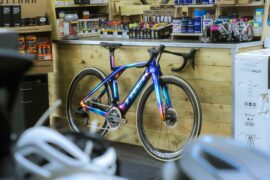Bikepacking is a form of self-supported, long-distance cycling that combines elements of backpacking and mountain biking. It involves traveling by bicycle over various terrain, including roads, trails, and gravel paths, while carrying all necessary gear and supplies on the bike itself.
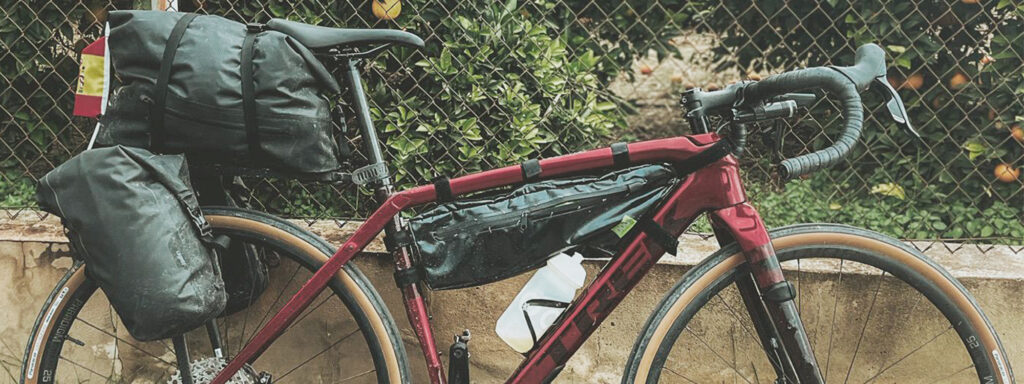
Unlike traditional bicycle touring, which often involves paved roads and staying in hotels or accommodations along the way, bikepacking emphasizes off-road exploration and self-sufficiency. Bikepackers typically carry lightweight camping gear, food, water, and other essentials in specially designed bikepacking bags that are attached to their bikes. This setup allows them to access remote areas, explore trails, and camp out in nature.
The appeal of bikepacking lies in its adventurous nature, the ability to cover long distances on two wheels, and the opportunity to immerse oneself in the natural surroundings. It offers a sense of freedom and self-reliance as riders are responsible for their own navigation, camping, and survival. Bikepacking routes can vary in length and difficulty, ranging from overnight trips to multi-day or even multi-week expeditions.
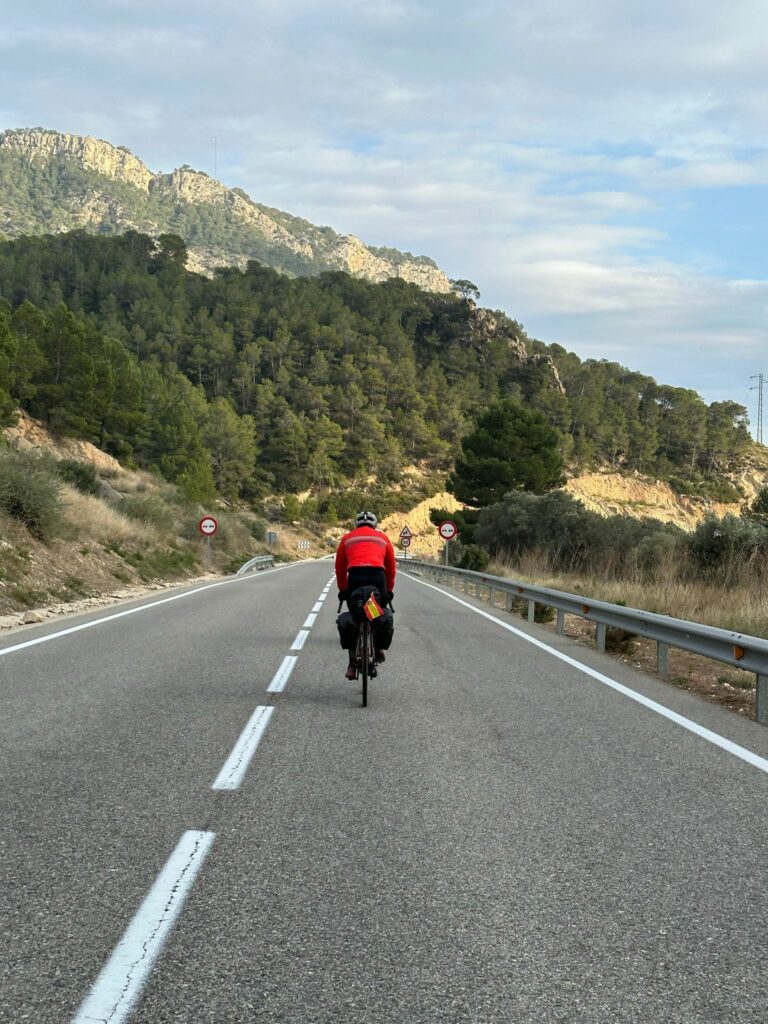
In recent years, bikepacking has gained popularity as a recreational activity and a way to explore the outdoors. There are organized bikepacking events and races held around the world, and numerous resources available to help enthusiasts plan their own bikepacking adventures, including route maps, gear guides, and online communities.
Embarking on a bikepacking adventure opens up a world of exploration and freedom. To make the most of your journey, having the right equipment is crucial. Here are the essential pieces of gear you’ll need for a successful and enjoyable bikepacking experience:
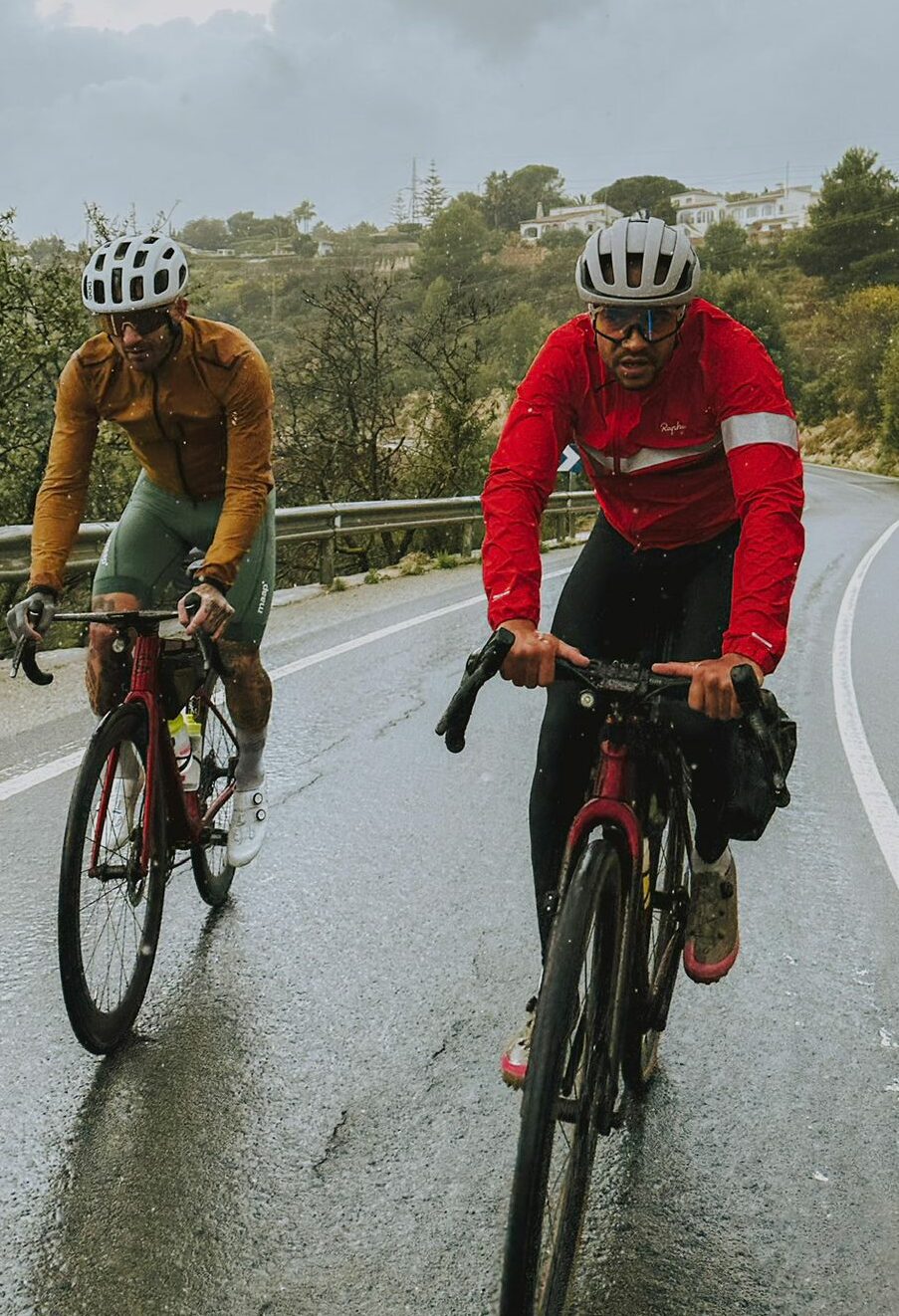
Bike: Choose a durable and reliable bike that suits your terrain preferences. Opt for a bike with sturdy frame construction, suitable tire width for your route, and mounting points for attaching racks and bags.
Gravel bikes are very popular amongst ‘bikepackers’ as they provide the comfort and endurance to be able to tackle such adventures and also come with enough tyre clearance in the fork and frame to be able to put a chunkier tyre on for support on the more challenging off-road trails.
Check them out here -> bit.ly/3W2ww68
Bikepacking Bags: Invest in a set of bikepacking bags, including a frame bag, handlebar bag, seat bag, and fork-mounted bags. These lightweight, durable bags allow you to efficiently pack and distribute your gear while maintaining balance and maneuverability.
Need bags? Have a look here -> bit.ly/3Og91F7
Sleeping System: Carry a lightweight and compact sleeping system, such as a sleeping bag, sleeping pad, and a lightweight tent or bivvy. Choose equipment suitable for the climate and weather conditions you expect to encounter.
Repair Kit and Tools: Bring essential repair tools like a multi-tool, tire levers, spare tubes, and a mini-pump or CO2 inflator. It’s crucial to be prepared for punctures, minor repairs, and adjustments on the go.
Don’t be a tool and forget your tools, grab some here -> bit.ly/3MtjA64
Navigation: Ensure you have a reliable navigation system, such as a handlebar-mounted GPS device or a smartphone with GPS capabilities. Familiarize yourself with route planning apps and offline maps to avoid getting lost in remote areas.
There’s nothing better than a Wahoo Roam -> bit.ly/3FL0mWw
Cooking Equipment: Carry a lightweight camping stove, cookware, and utensils for preparing meals on the trail. Compact and efficient cooking systems can help you enjoy warm meals and hot drinks during your bikepacking journey.
Water and Hydration: Stay hydrated by carrying ample water bottles or a hydration bladder. Consider using a water filtration system to purify water from natural sources along the way.
Clothing and Layers: Pack appropriate clothing for varying weather conditions. Include base layers, cycling jerseys, waterproof outer layers, a warm hat, gloves, and socks. Layering allows you to adapt to temperature changes throughout your ride.
Check out our Rapha collection here -> bit.ly/3HdGwT0
Bike Lights: Ensure you have reliable front and rear bike lights for safety and visibility, especially if you plan to ride during low-light conditions or at night.
Either eat your carrots or get some lights (if you don’t like carrots, well……..you know what to do) Browse out lights here -> bit.ly/3W0RFOh
Personal Essentials: Remember to pack personal items such as toiletries, sunscreen, insect repellent, a first aid kit, a multi-purpose tool, a portable charger, and a headlamp.
…and that’s about it! Get out there and see where the trails take you.
